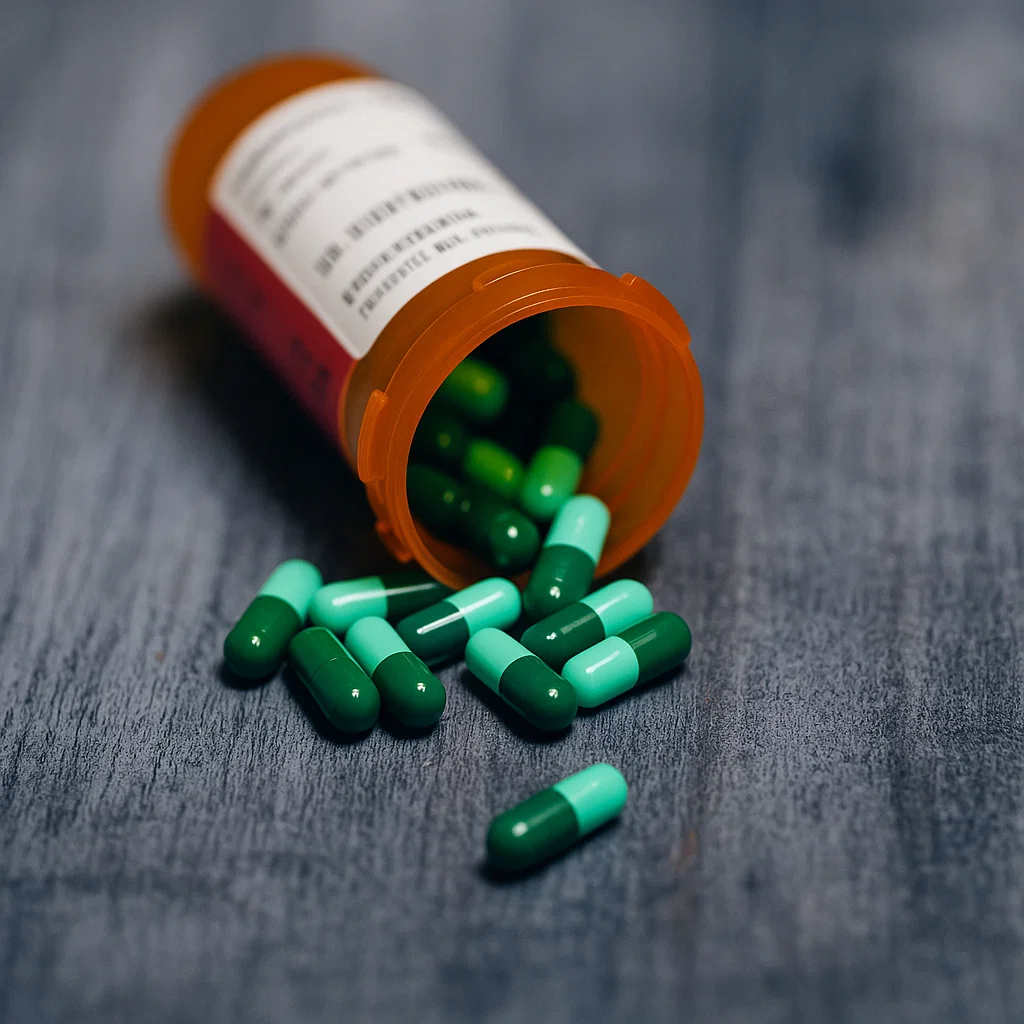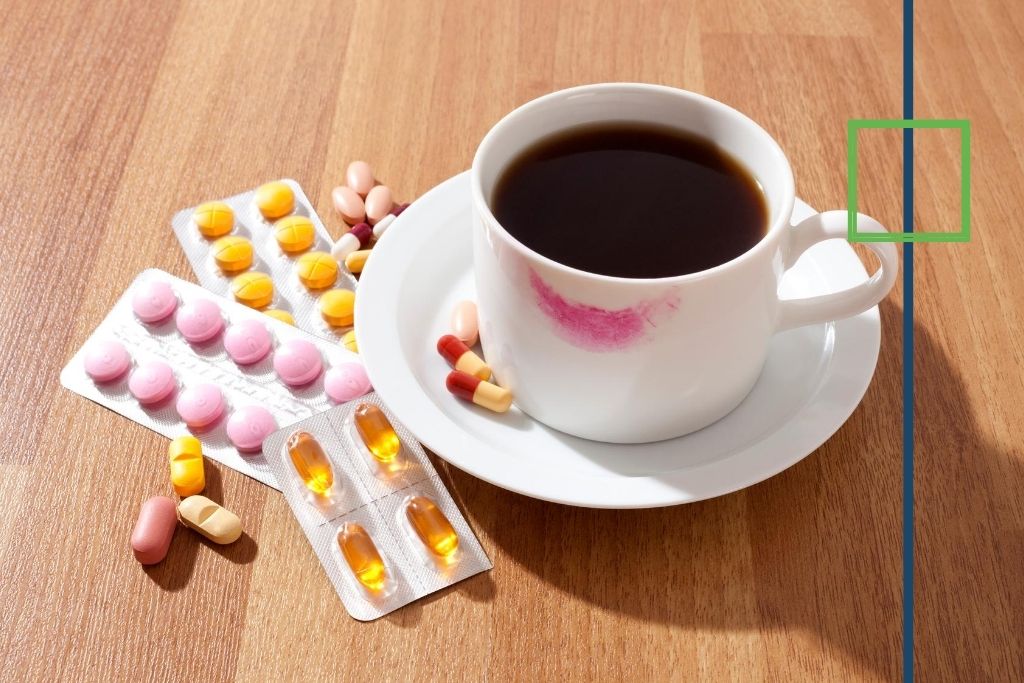Zoloft Side Effects: What is Zoloft?
Zoloft is one of the most popular antidepressants in the United States. It is the brand name for sertraline, a drug that alleviates depression, obsessive-compulsive disorder (OCD), panic and anxiety disorders, post-traumatic stress disorder (PTSD), and premenstrual dysphoric disorder. In addition, doctors sometimes prescribe Zoloft off-label to treat eating disorders and insomnia as well. Zoloft withdrawal treatment will be able to help you in case you have developed a Zoloft dependency. [1]
This drug is known for making people develop a dependency on it, for this reason when the person tries to stop using it may experience withdrawal effects. According to the scientific piece ‘Orthostatic hypotension induced by sertraline withdrawal’, this medicine may also lead to hypertension problems as an effect of withdrawal.
This research showed that “A patient receiving sertraline for depression developed dizziness and orthostatic hypotension on repeated attempts to discontinue the drug. All other organic factors were ruled out. The hypotension was proved to be secondary to sertraline by repeated rechallenges. After a variety of attempted treatments, the agent was discontinued successfully through an extended titration period.” [2]

Zoloft is a selective serotonin reuptake inhibitor (SSRI), a medication that stabilizes serotonin in the brain. Serotonin is a neurotransmitter that regulates and balances emotions, so many low serotonin levels suffer from depression and other mental disorders. SSRIs work by blocking the brain’s neurons from absorbing serotonin. As a result, more serotonin is available to facilitate connections between neurons, relieving conditions that arise from a shortage of the neurotransmitter. As a result, people with healthy serotonin levels experience better emotions, sleep more efficiently, and enjoy more incredible energy and interest in life. [1]
Zoloft is a prescription drug that exists in the form of a pill, tablet, or liquid. In most cases, a person who uses the medication properly will take it only once a day. Zoloft is generally safe, and research has proven that it can be an effective source of treatment. However, Zoloft also carries risks for misuse, dependence, withdrawal, and overdose. [1]
Zoloft Side Effects
Sertraline oral tablets may cause drowsiness, insomnia, or both. It may also cause other Zoloft side effects.
More common side effects
The adult side effects of this drug are slightly different from the side effects for children. Side effects for adults and children can include:
- Nausea, loss of appetite, diarrhea, and indigestion
- Change in sleep habits, including increased sleepiness and insomnia
- Increased sweating
- Sexual problems, including decreased sex drive and ejaculation failure
- Tremor or shaking
- Tiredness and fatigue
- Agitation
Additional side effects for children
- Abnormal increase in muscle movement or agitation
- Nose bleed
- More frequent urination
- Urine leakage
- Heavy menstrual periods
- Slowed growth rate and weight change. You should closely watch your child’s height and weight while they take this drug.
- Aggressiveness
If these effects are mild, they may go away within a few days or a couple of weeks. If they’re more severe or don’t go away, talk to your doctor or pharmacist.
Serious Zoloft side effects
Call your doctor right away if you have serious side effects. Call 911 if your symptoms feel life-threatening or if you think you’re having a medical emergency. Serious side effects and their symptoms can include the following:
- Severe allergic reactions. Symptoms can include:
- trouble breathing
- swelling of your face, tongue, eyes, or mouth
- rash, itchy welts (hives) or blisters, alone or with fever or joint pain
- Low sodium levels: Seniors may be at greater risk for this. Symptoms can include:
- headache
- weakness or unsteadiness
- confusion, problems concentrating or thinking, or memory problems
- Changes in appetite or weight: You should check the weight and height of children and adolescents often while they take this drug.
- Suicide attempts
- Acting on dangerous impulses
- Aggressive or violent behavior
- Thoughts about suicide or dying
- New or worse depression
- New or worse anxiety or panic attacks
- Agitation, restlessness, anger, or irritability
- Trouble sleeping
- An increase in activity or talking more than normal
- Abnormal bleeding
- Seizures or convulsions
- Serotonin syndrome: This condition can be life-threatening. Symptoms can include:
- hallucinations and delusions
- agitation
- loss of consciousness
- seizures
- coma
- fast heart rate
- changes in blood pressure
- muscle tremor or stiff muscles
- dizziness
- shakiness
- sweating
- nausea
- vomiting
- muscle rigidity
- Manic episodes. Symptoms can include:greatly increased energy
- severe trouble sleeping
- racing thoughts
- reckless behavior
- unusually grand ideas
- excessive happiness or irritability
- talking more or faster than usual
- Eye pain
- Changes in vision, including blurred and double vision
- Swelling or redness in or around your eyes
Zoloft Side Effects: Interactions
Sertraline oral tablets can interact with other medications, vitamins, or herbs you may be taking. An interaction is when a substance changes the way a drug works. This can be harmful or prevent the drug from working well.
To help avoid interactions, your doctor should manage all of your medications carefully. Be sure to tell your doctor about all medications, vitamins, or herbs you’re taking. To find out how this drug might interact with something else you’re taking, talk to your doctor or pharmacist.

Zoloft Side Effects: Alcohol interaction
Drinking alcohol while you take sertraline can increase your risk of sleepiness. It can also affect your ability to make decisions, think clearly, or react quickly. If you drink alcohol, talk to your doctor.
Zoloft Side Effects: Drugs you should not use with sertraline
Do not take these drugs with sertraline. When they are used with sertraline, they can cause dangerous effects on your body. These drugs include:
- Pimozide: Taking this drug with sertraline can cause serious heart problems.
- Monoamine oxidase inhibitors (MAOIs): such as isocarboxazid, phenelzine, and tranylcypromine. Taking these drugs with sertraline increases your risk for serotonin syndrome. You must also wait 14 days between taking these drugs and taking sertraline.
- Linezolid, intravenous methylene blue: Taking these drugs with sertraline increases your risk for serotonin syndrome.
Interactions that increase the risk of Zoloft side effects
Taking certain medications with sertraline may result in increased Zoloft side effects. These drugs include:
- Nonsteroidal anti-inflammatory drugs (NSAIDs): such as ibuprofen, naproxen, aspirin and warfarin. Taking these drugs with sertraline increases your risk for bleeding or bruising.
- Triptans such as sumatriptan: Your risk for serotonin syndrome is increased when you take these drugs with sertraline. Your doctor should watch you closely if you take these drugs together.
- Lithium: Taking this drug with lithium increases your risk for serotonin syndrome.

- Serotonergic medications: such as fentanyl, tramadol, and St John’s wort. Taking these drugs with sertraline increases your risk for serotonin syndrome.
- Cimetidine: Taking cimetidine with sertraline may cause a build-up of sertraline in your body. Your dose of sertraline might need to be lowered if you take it with cimetidine.
- Tricyclic antidepressants: such as amitriptyline, desipramine, and imipramine. Taking sertraline with these drugs may cause these drugs to build up in your body. Your doctor may need to adjust your dosage of tricyclic antidepressants while you take sertraline.
Reclaim your life from Zoloft Dependence
Zoloft Dependence is a condition that can cause serious side effects that should not be taken lightly. We Level Up Treatment Center can provide you, or someone you love, the tools to recover from this condition with a professional and safe Zoloft Dependence detox process, to ease the uncomfortable Zoloft side effects and symptoms of withdrawal. Feel free to call us to speak with one of our counselors. We can inform you about this condition by giving you relevant information. Our specialists know what you are going through. Please know that each call is private and confidential.
Sources
[1] We Level Up Treatment Center – ‘Zoloft Withdrawal Treatment’
[2] Amsden GW, Georgian F. Orthostatic hypotension induced by sertraline withdrawal. Pharmacotherapy. 1996 Jul-Aug;16(4):684-6. PMID: 8840377. – National Library of Medicine (pubmed.ncbi.nlm.nih.gov)




